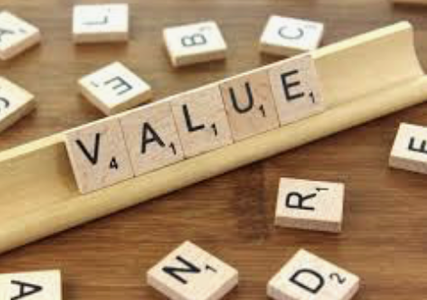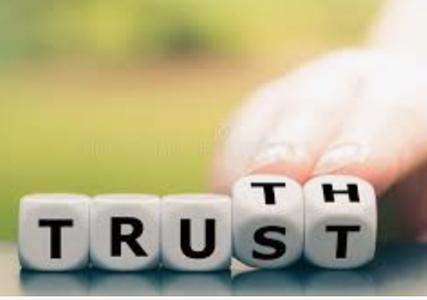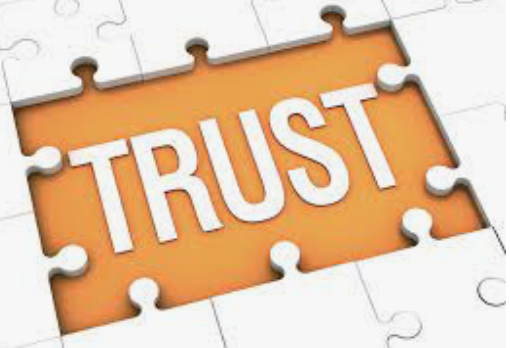
What about you?
Do you own your value, the value that you bring to your job every day? Do you own the contributions you make? Are you valued by others at the company? How do you know?
One of my clients, someone quite senior at a fast-paced start-up with thousands of employees, was told that her role would change – without any discussion with her or her current boss. She was flipping out and said she felt like a pawn at the company, even though she was recruited by the CEO and regularly worked with members of the C Suite. She did not feel valued. Her gut reaction….QUIT.
In a really tight labor market, it is even more important that we own our value and value those we work with. It matters.
#WiseWords
“Until you value yourself, you won’t value your time. Until you value your time, you will not do anything with it.“
Worth the Share
When looking for a job, owning your value is critical. This article talks about your Personal Value Proposition (PVP), and how to build one when looking for a job. I would argue that even if you are not in the job market, being crystal clear about what drives you professionally has a ton of value.
The example given by the author is quite interesting, but I’m not really sure why he said: “Steve is a tall, 54 year old manufacturing executive.” Why comment on his height? I thought that was odd.
His four steps to building your PVP, however, were quite useful:
- Set a clear target: big company, small, remote, public, private,start up….be specific.
- Identify YOUR strengths: Again, be specific. What are you really good at? The Clifton Strengths Assessment can help.
- Tie your strengths to your target position: Connect the dots for the hiring manager, make it obvious that your strengths ladder up to that position. Make sure your resume mirrors your strengths to.
- Provide evidence and success stories: I call these your case studies. Bring your strengths to life in a tangible way to prove to the hiring manager that you are the right fit for that job.
And Finally...

What is the value you bring to your work, do you own it? Many of my clients, who are smart, hard working professionals, do not own their value. They get intimidated by those at a higher level and articulate that those at a higher level have more VALUE than they do. But is that true?
Everyone at every level of an organization has value. Companies cannot function without lots of people doing lots of different jobs. Each of those jobs contributes to the success of the company, and the people in those jobs bring their value, their relative worth, to the organization.
Know the value you bring to every organization you are involved in. Own it!
Have a great week,
Mary Jo




